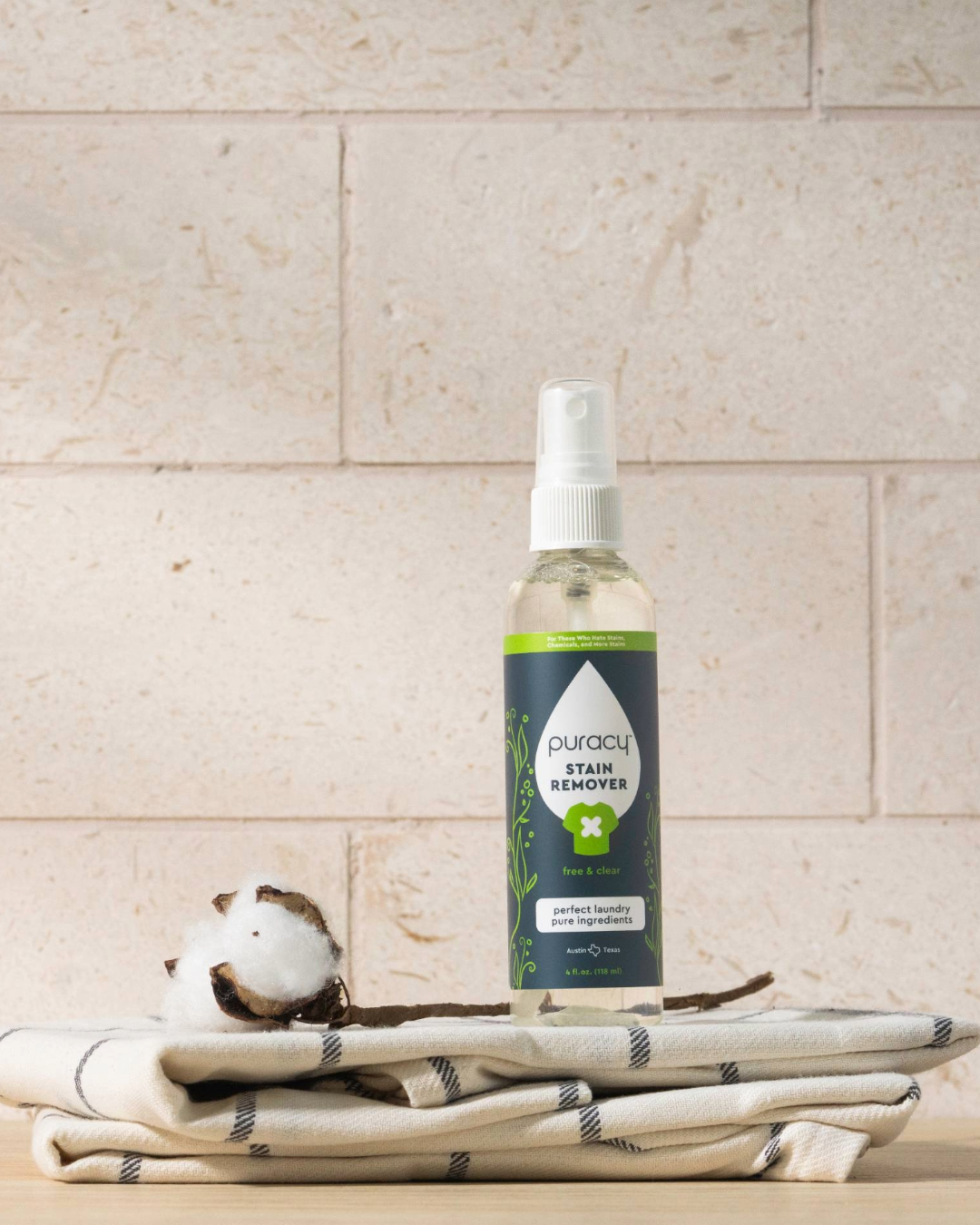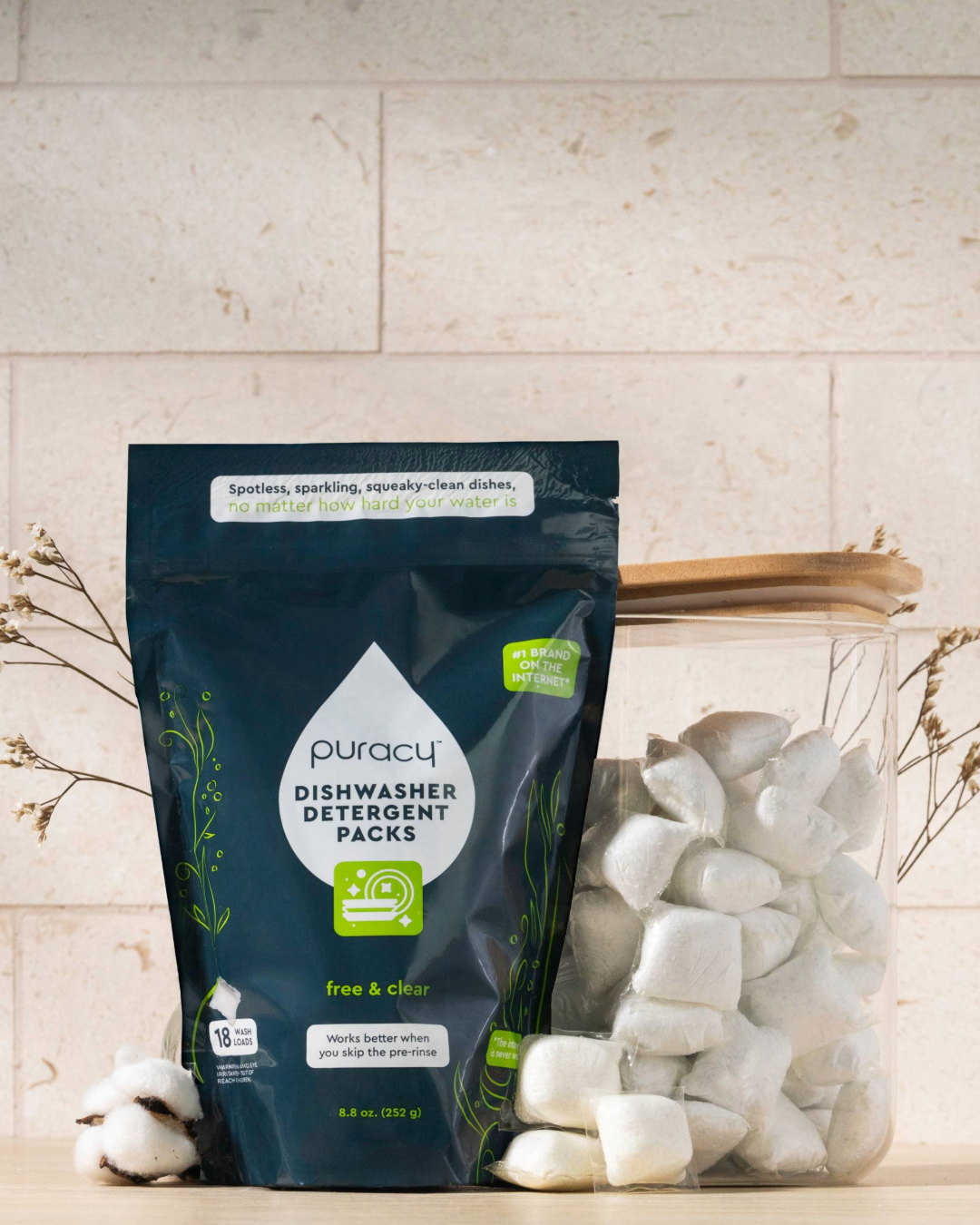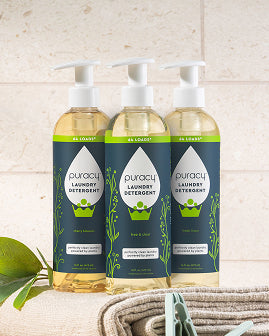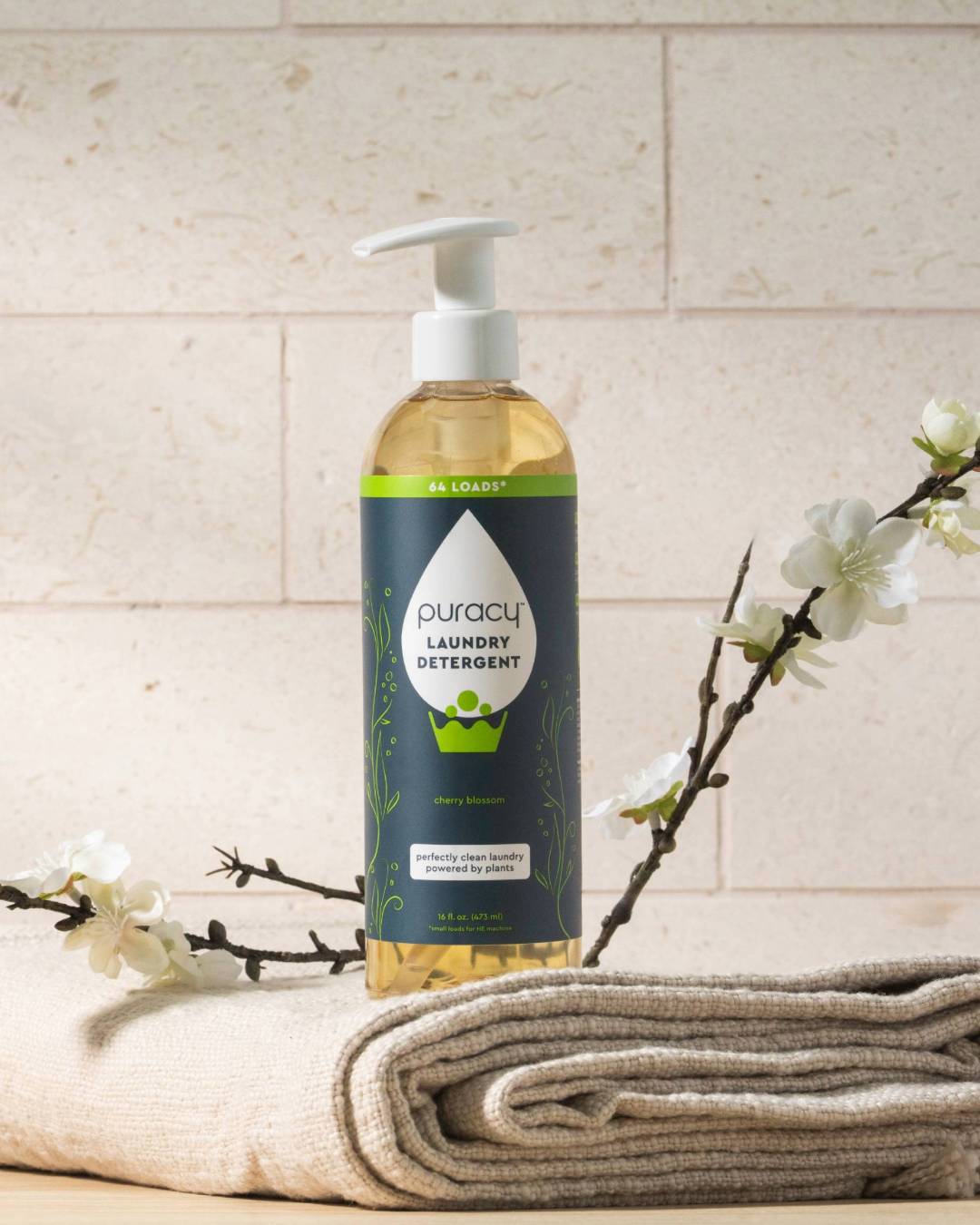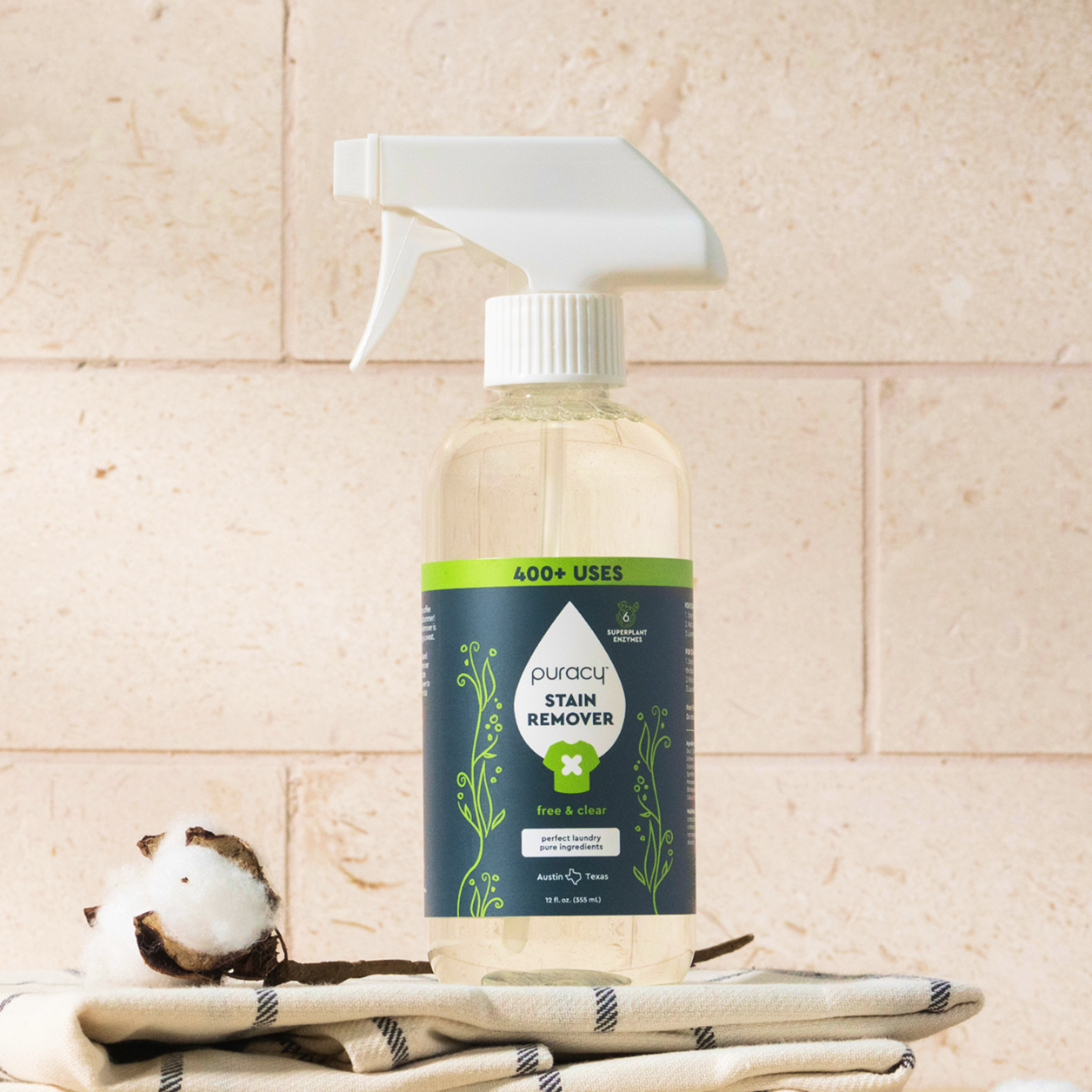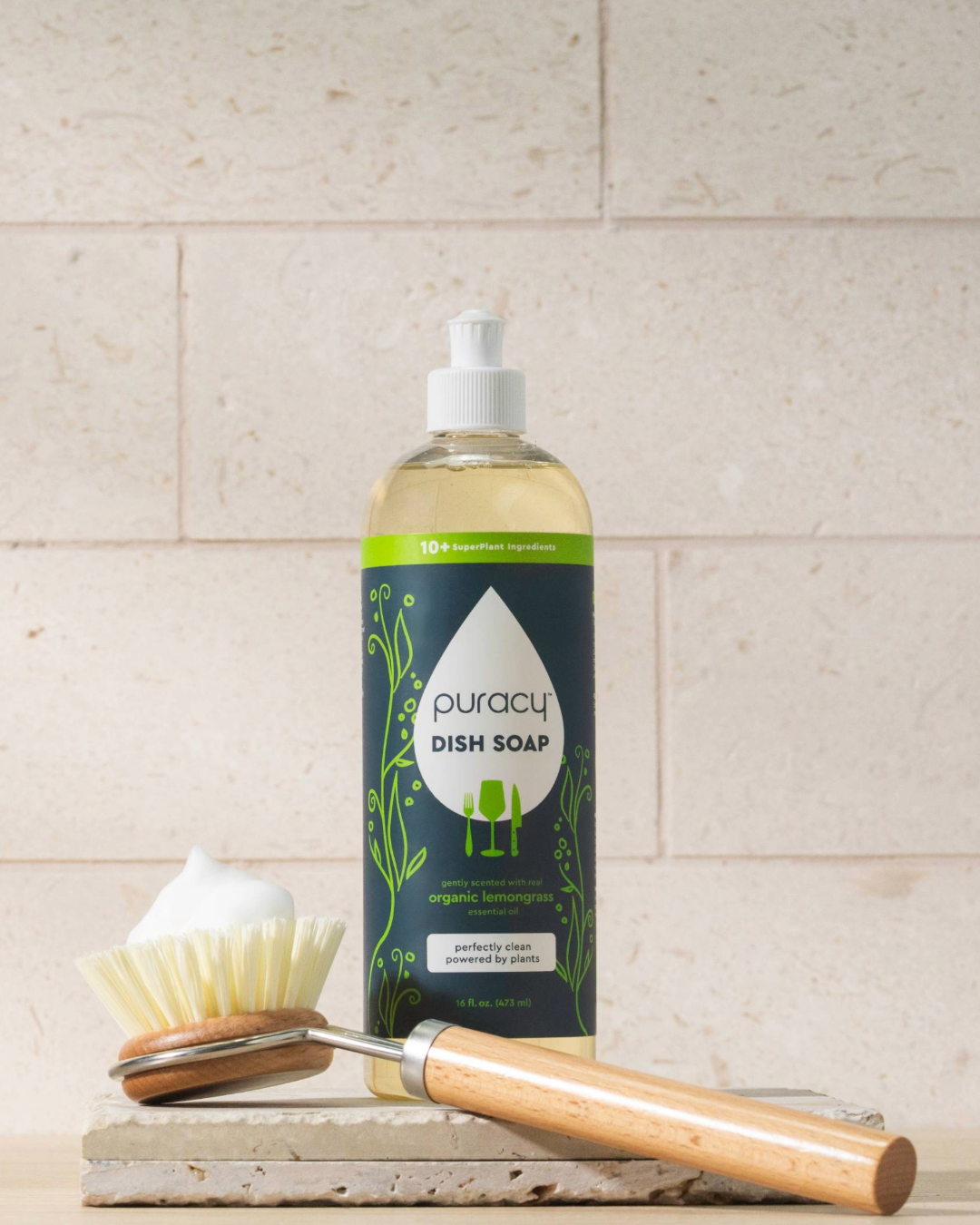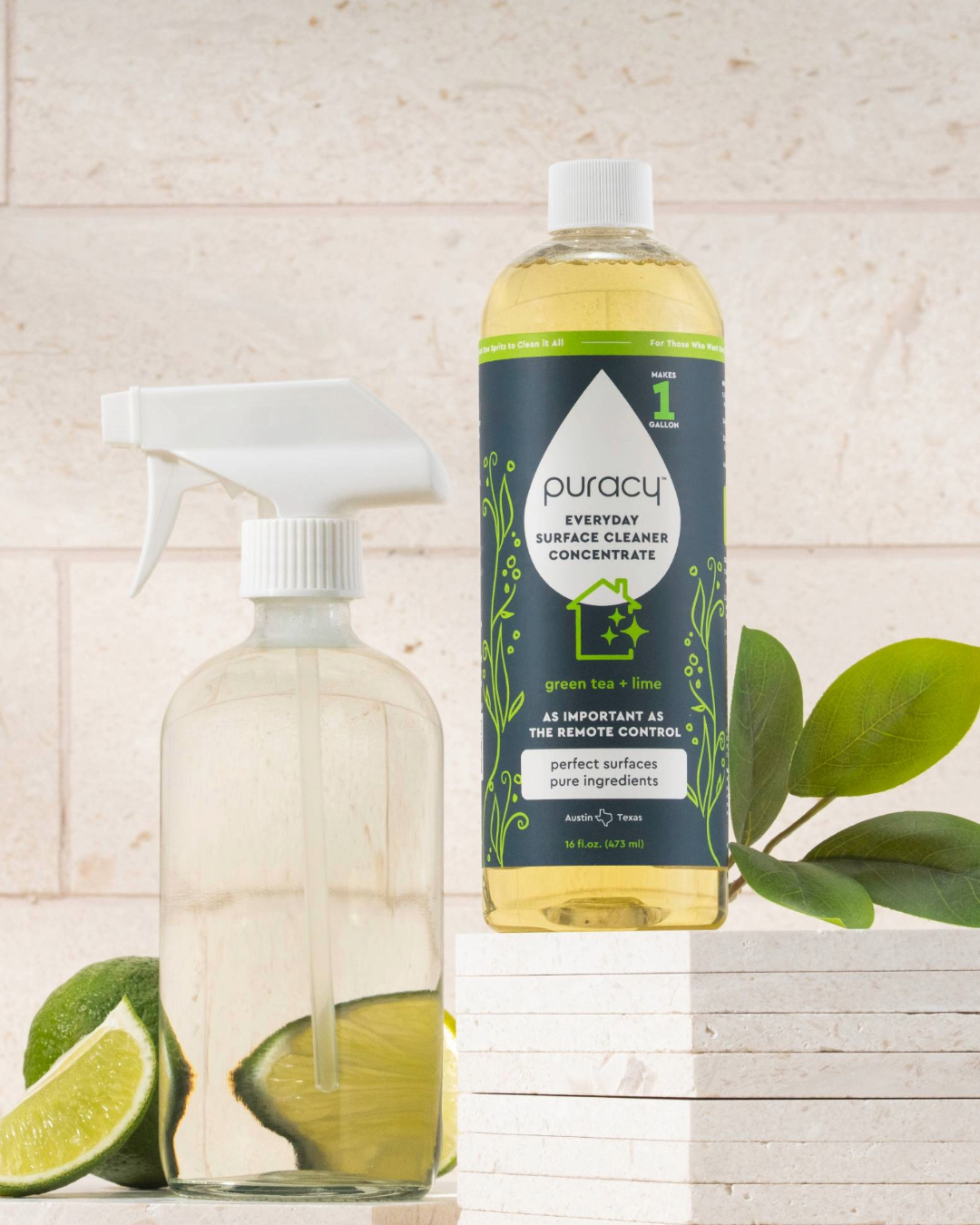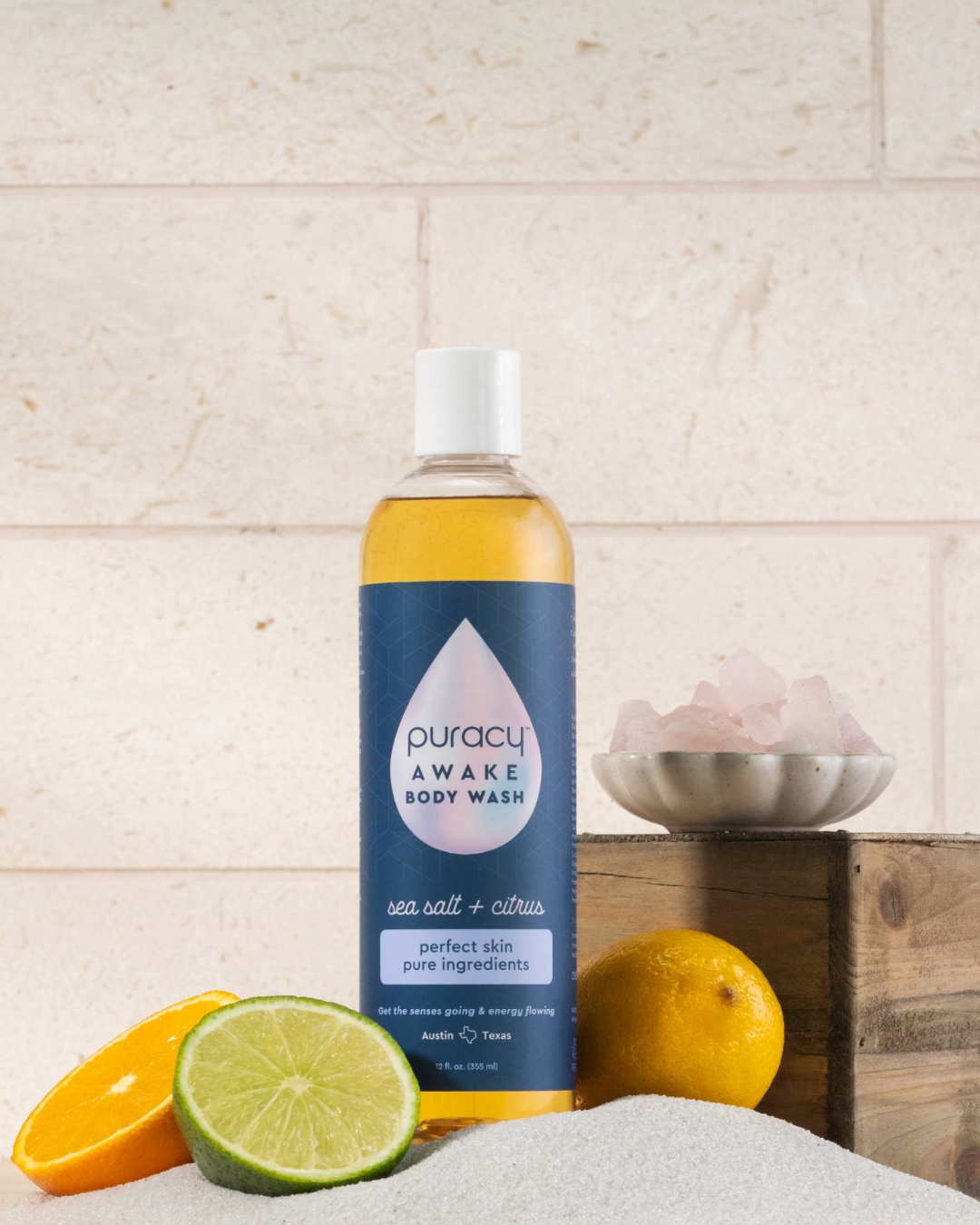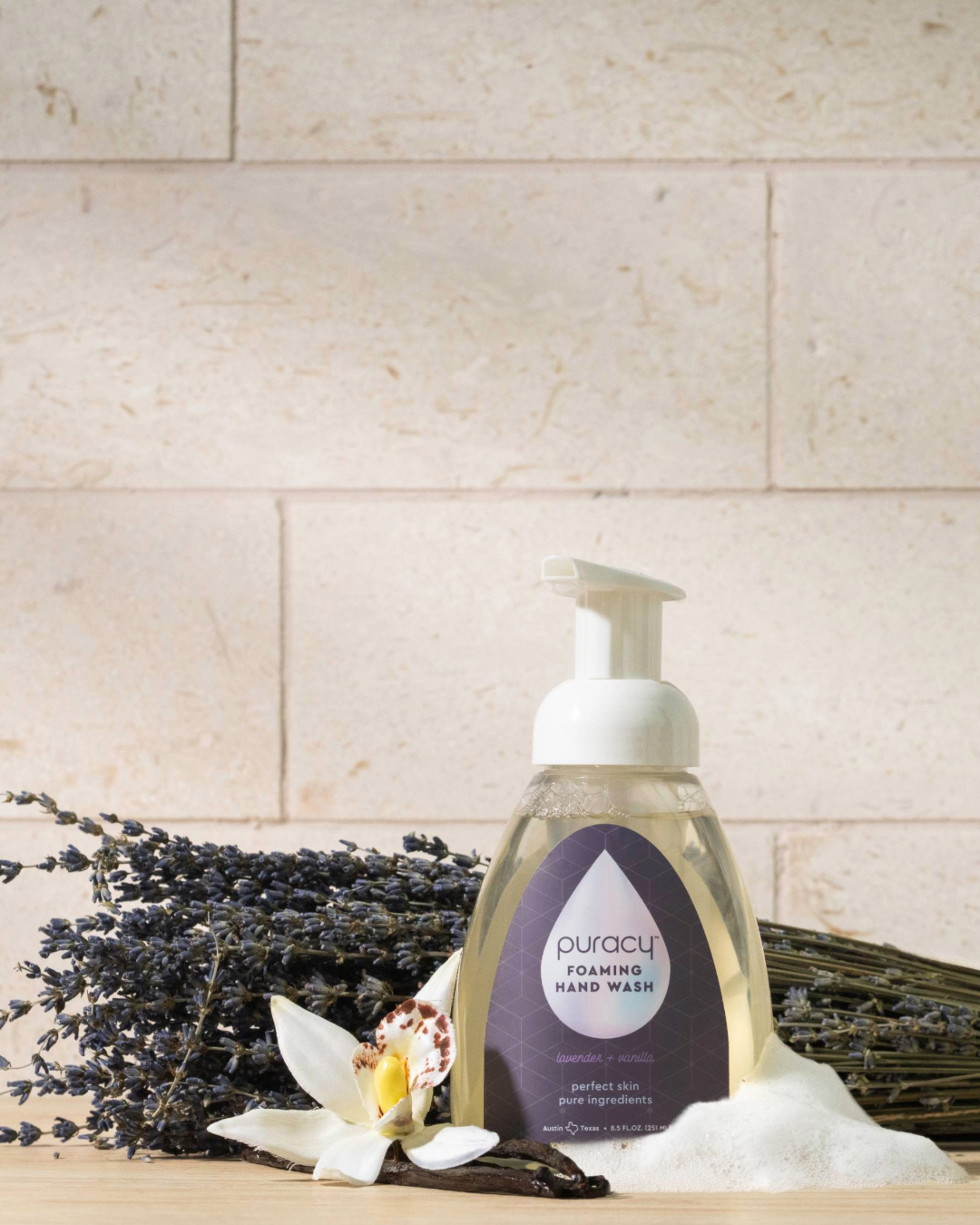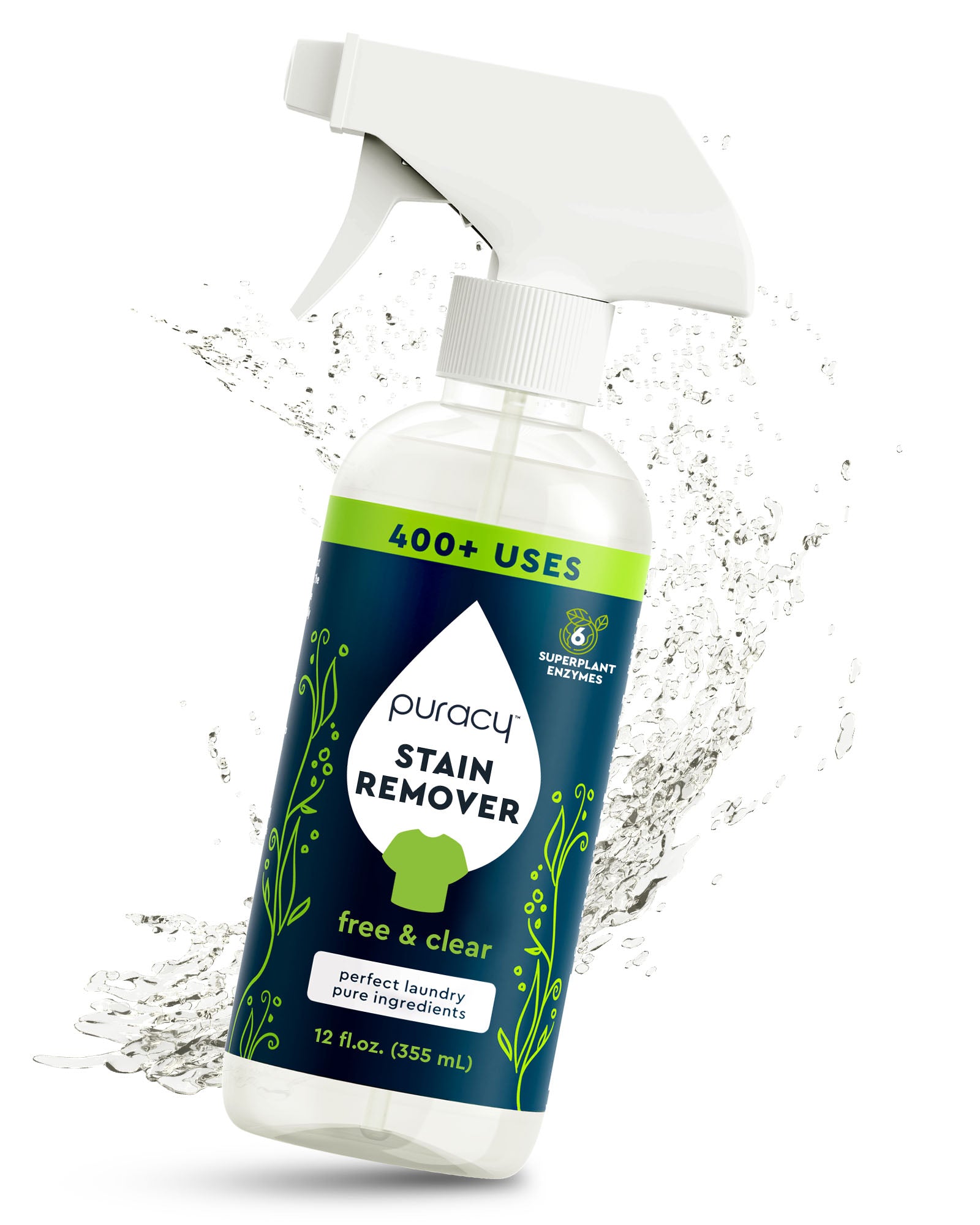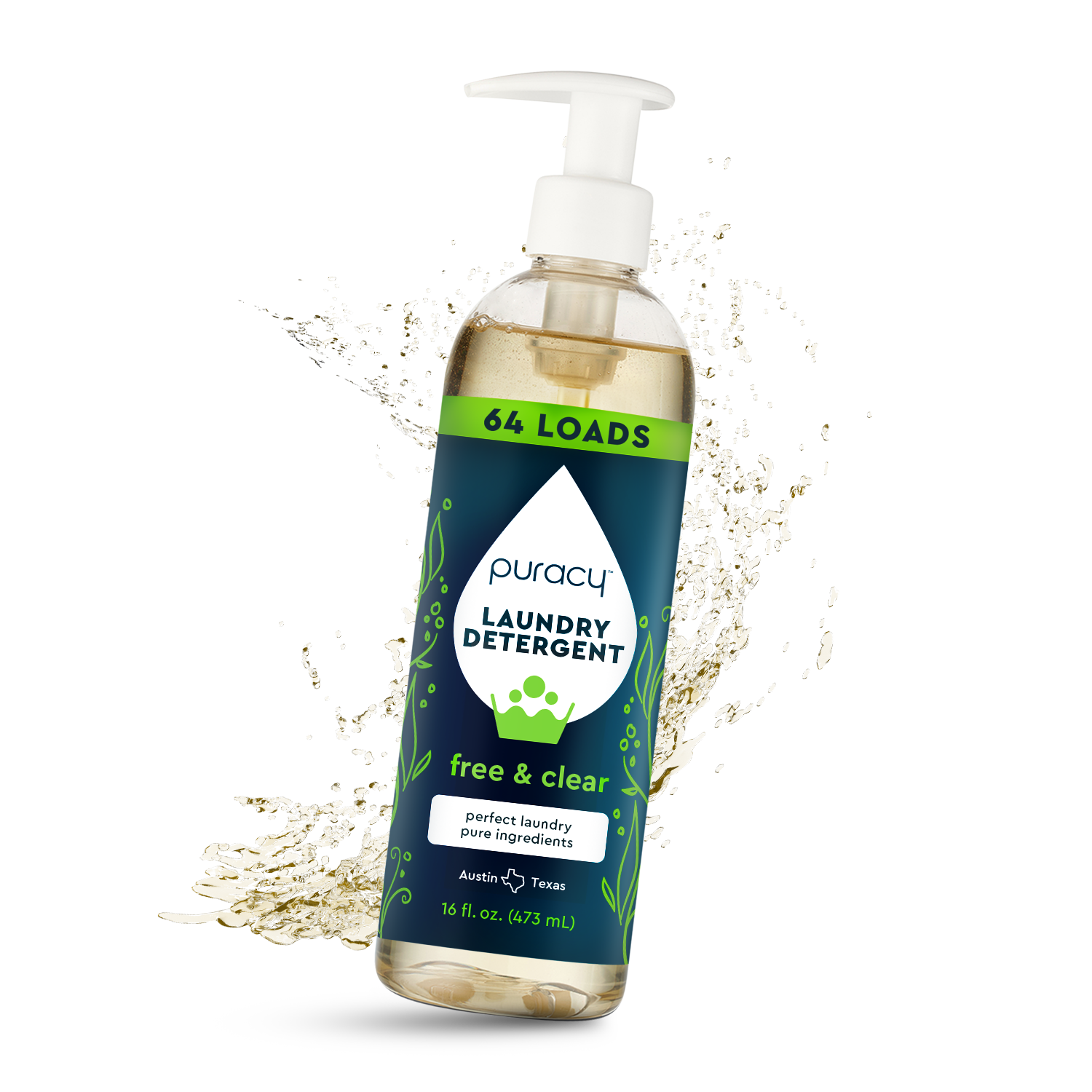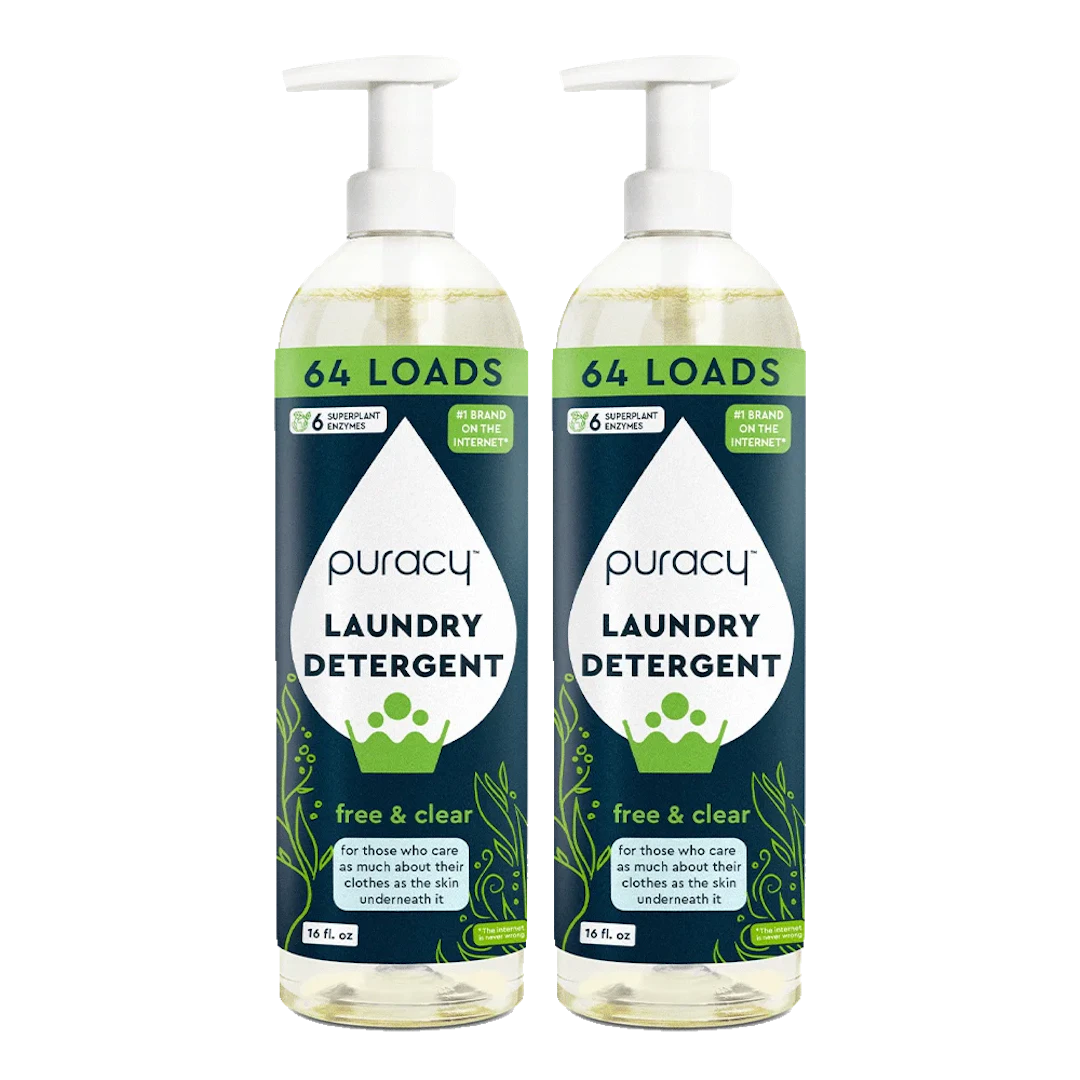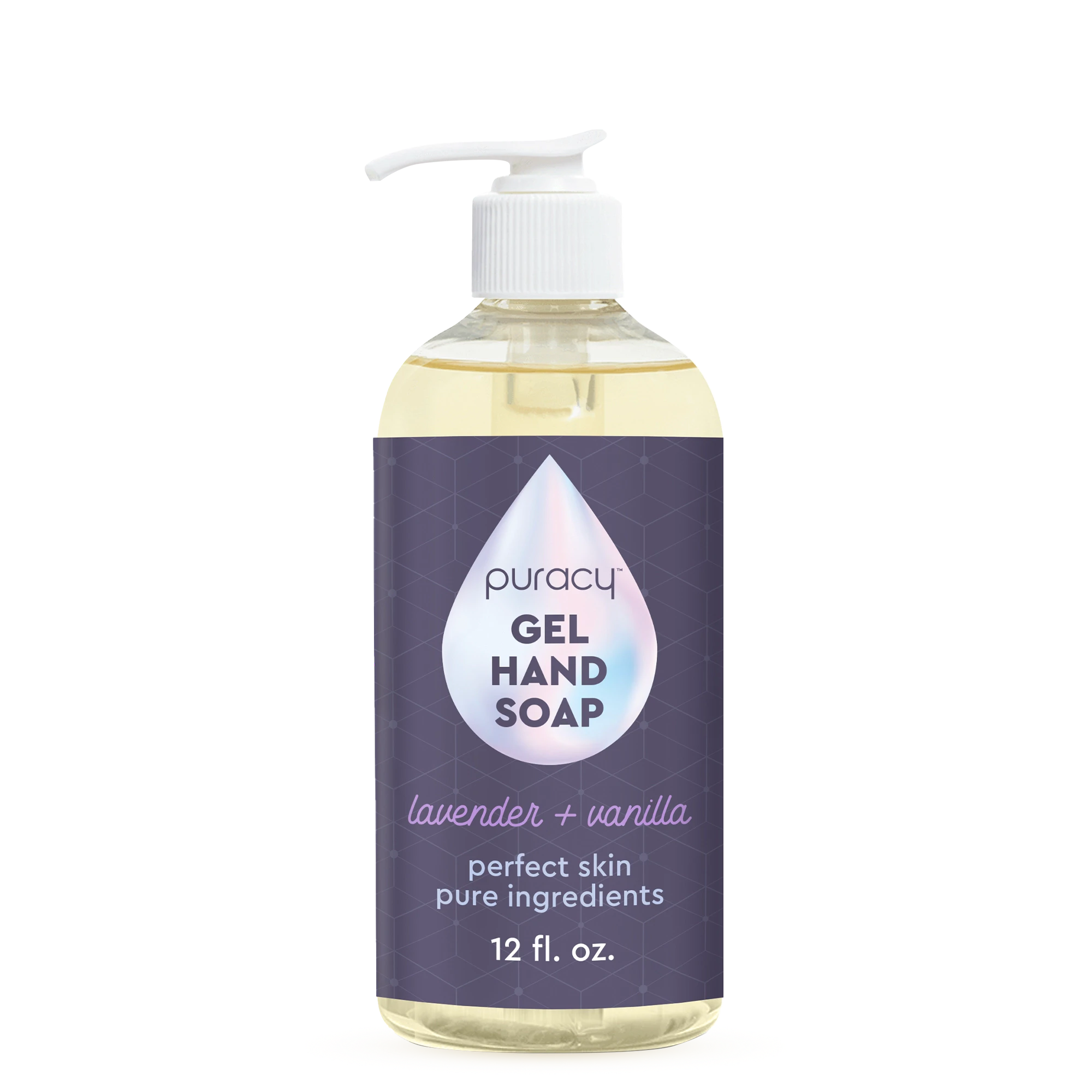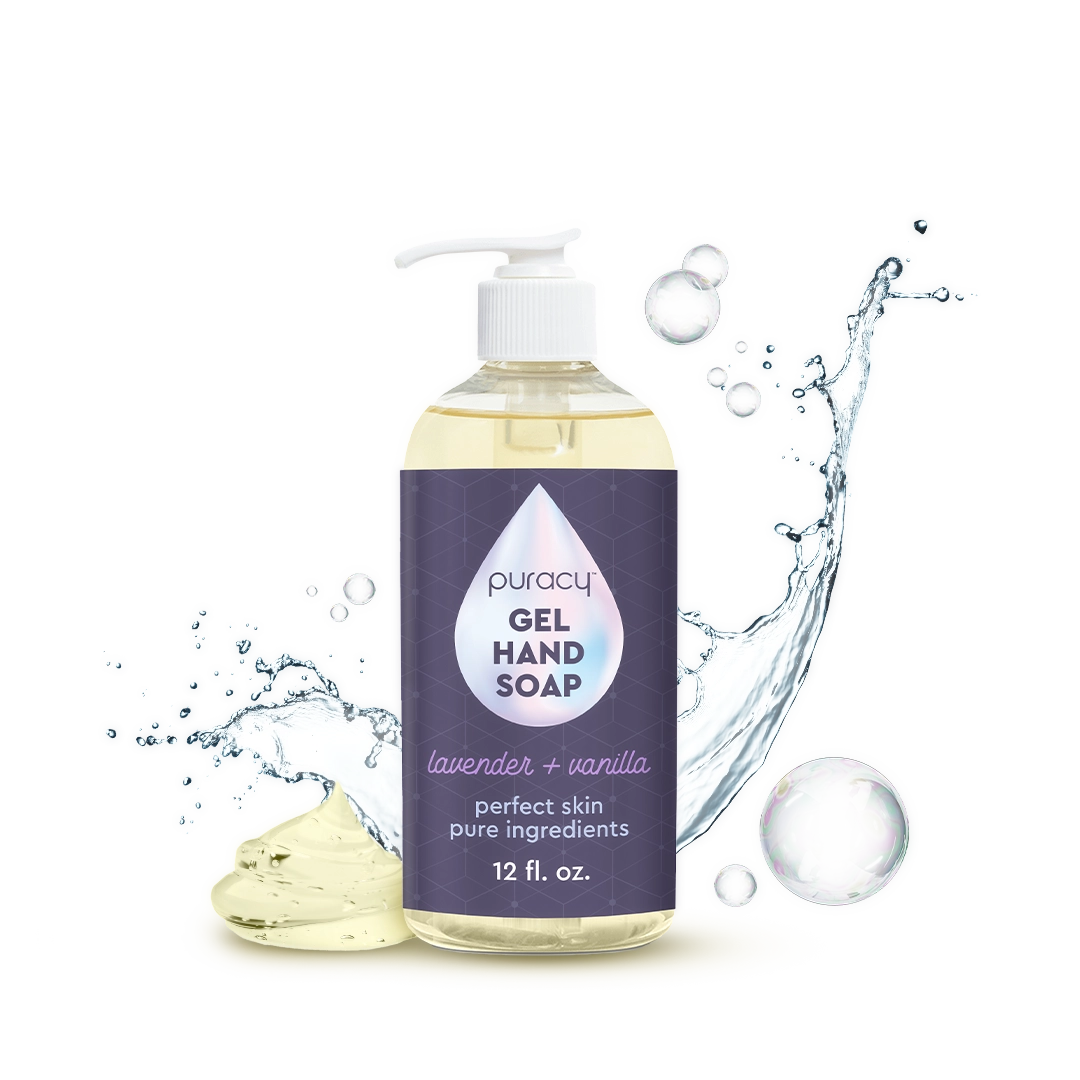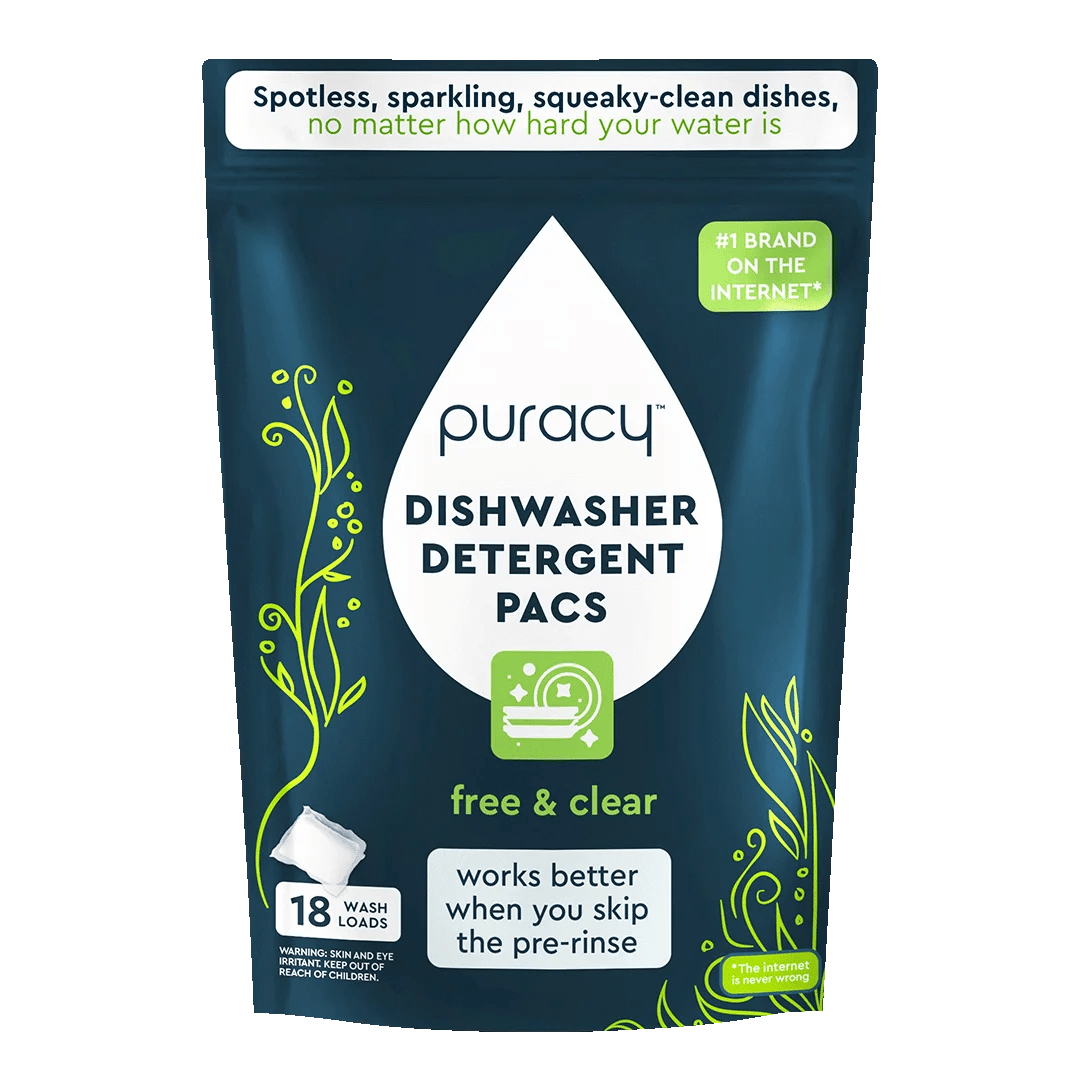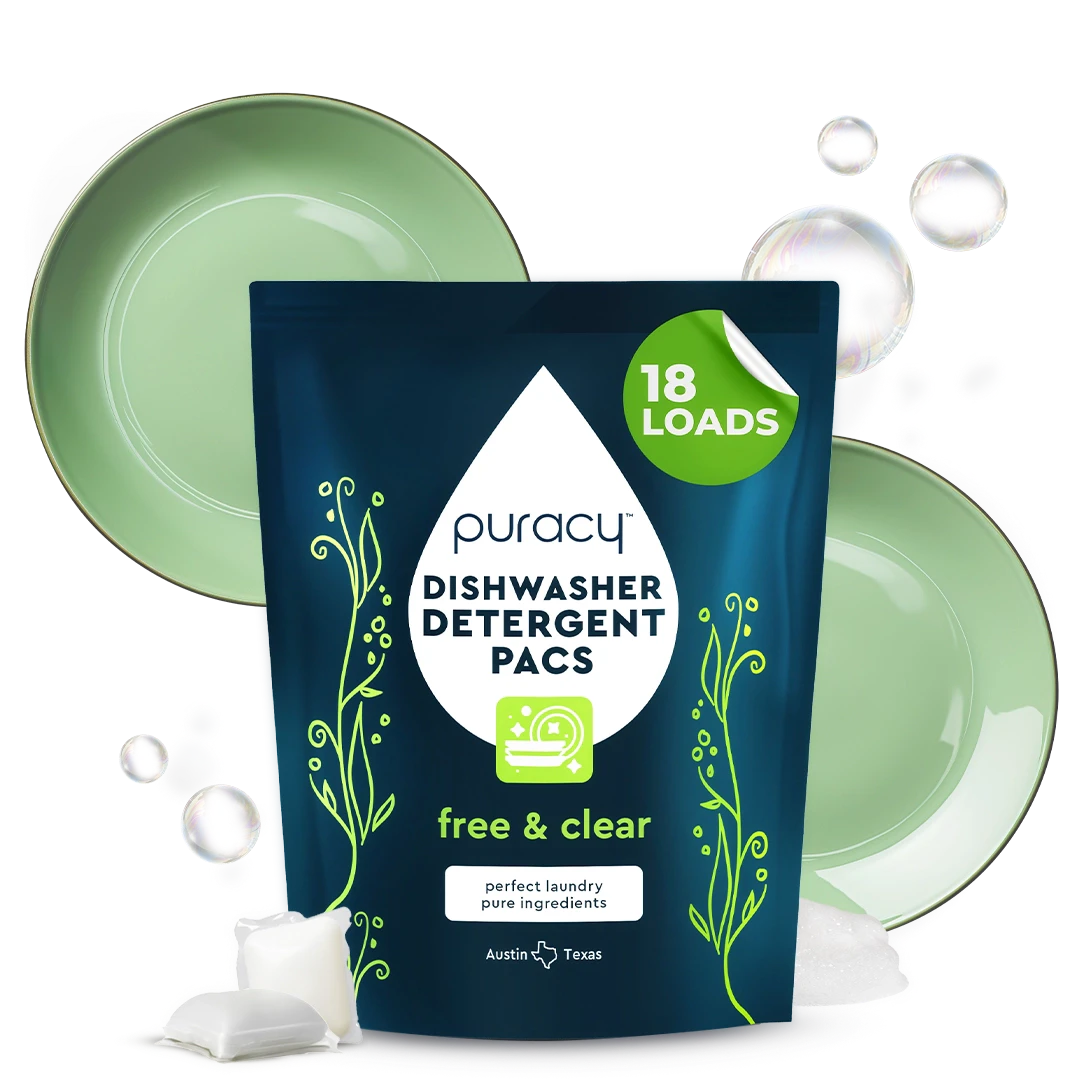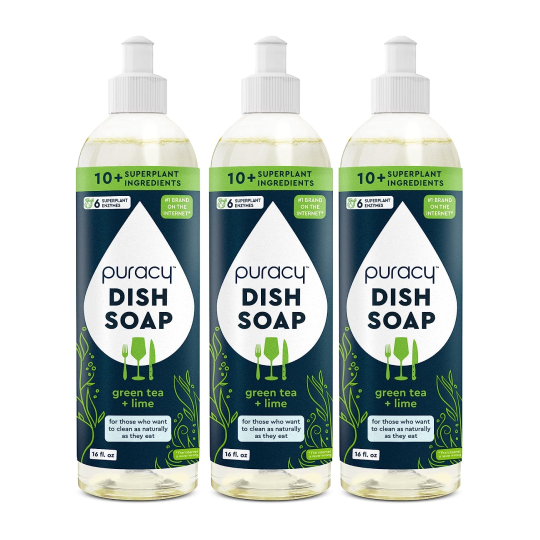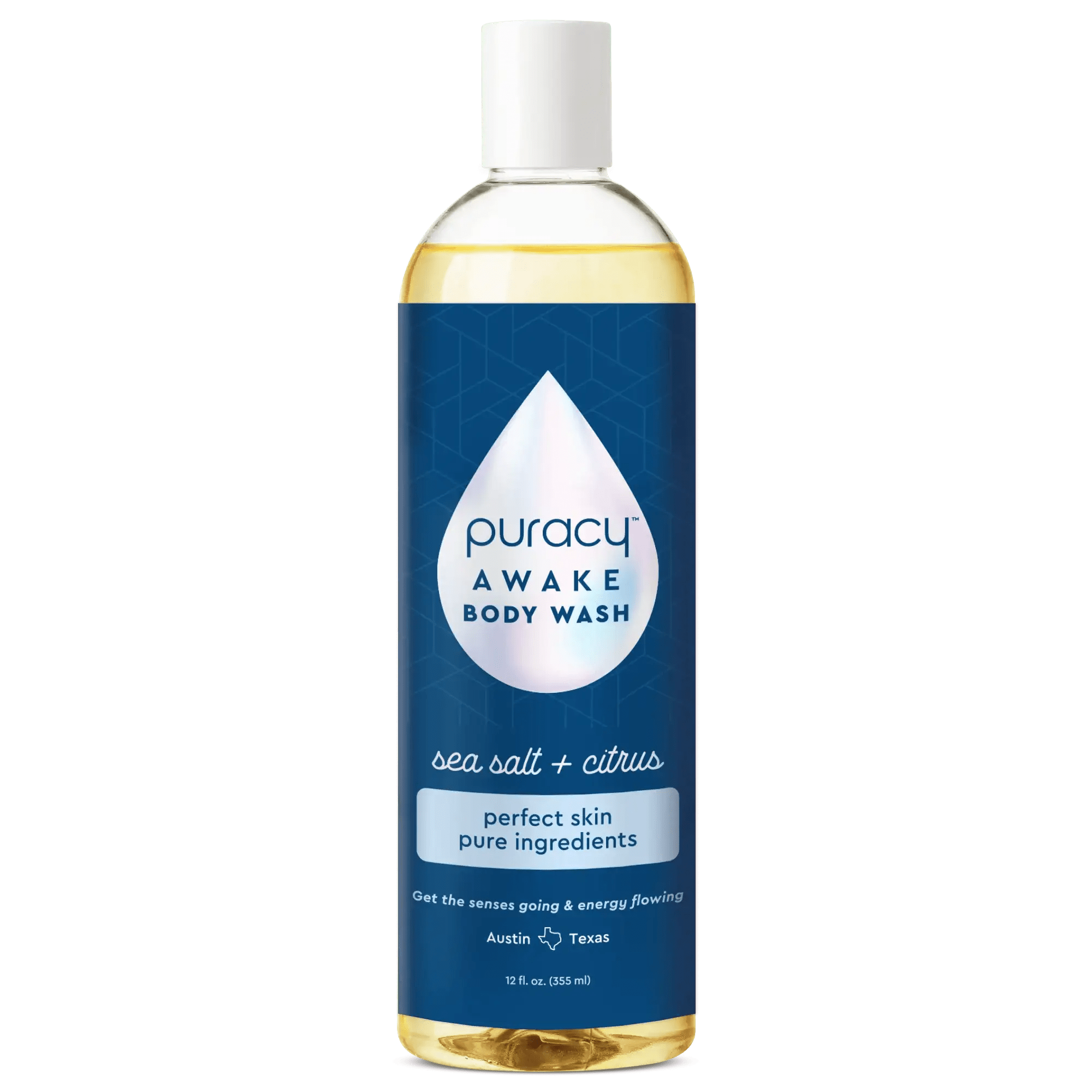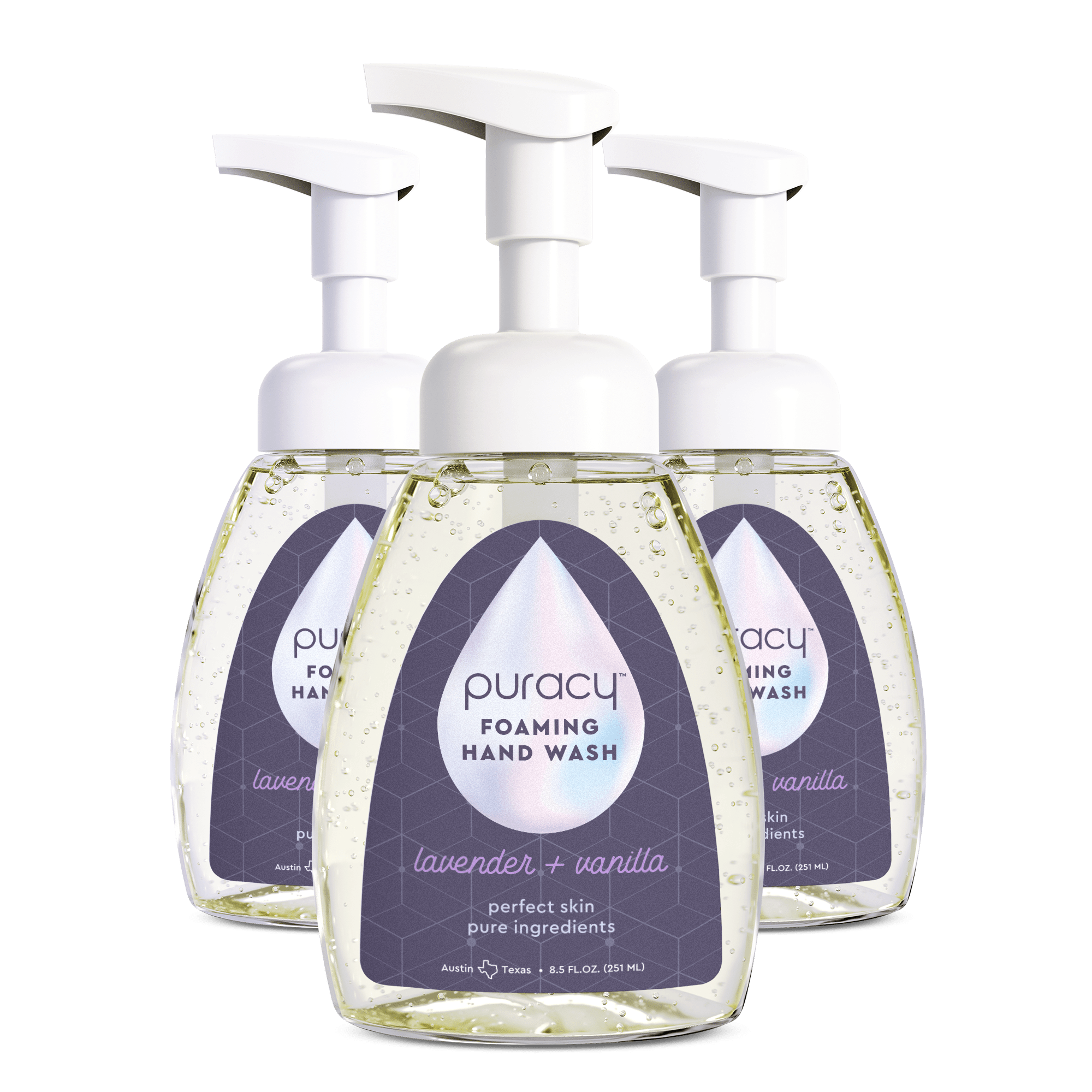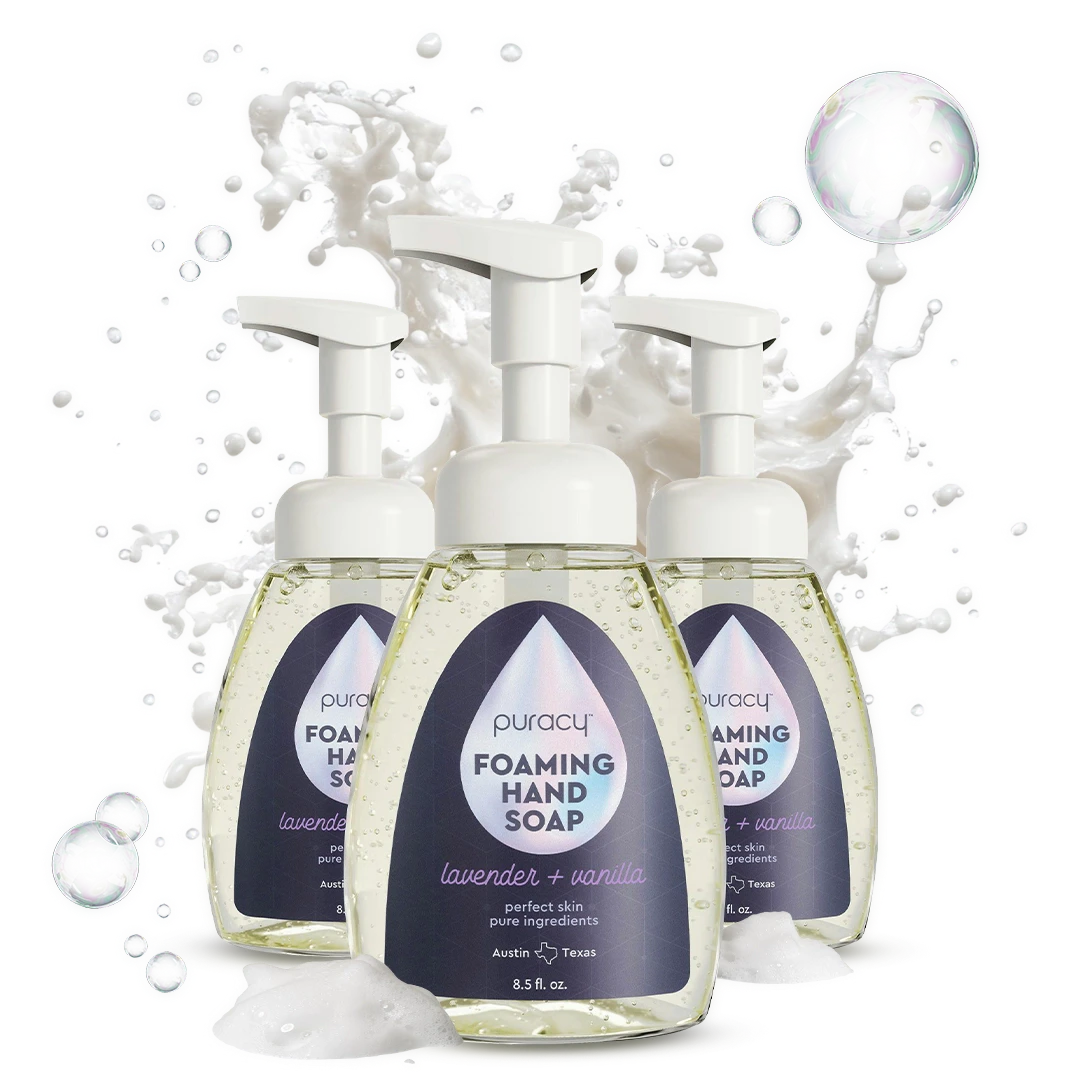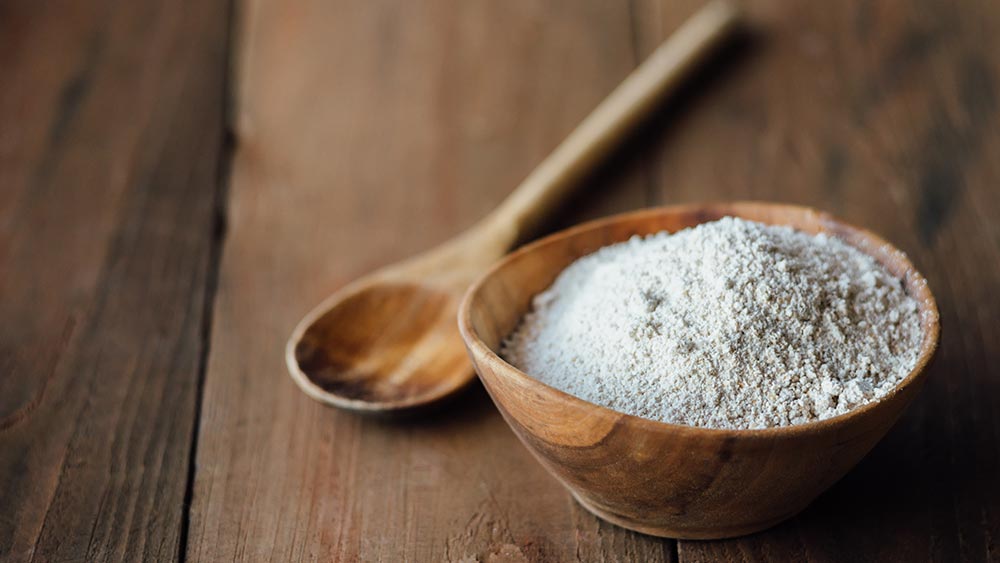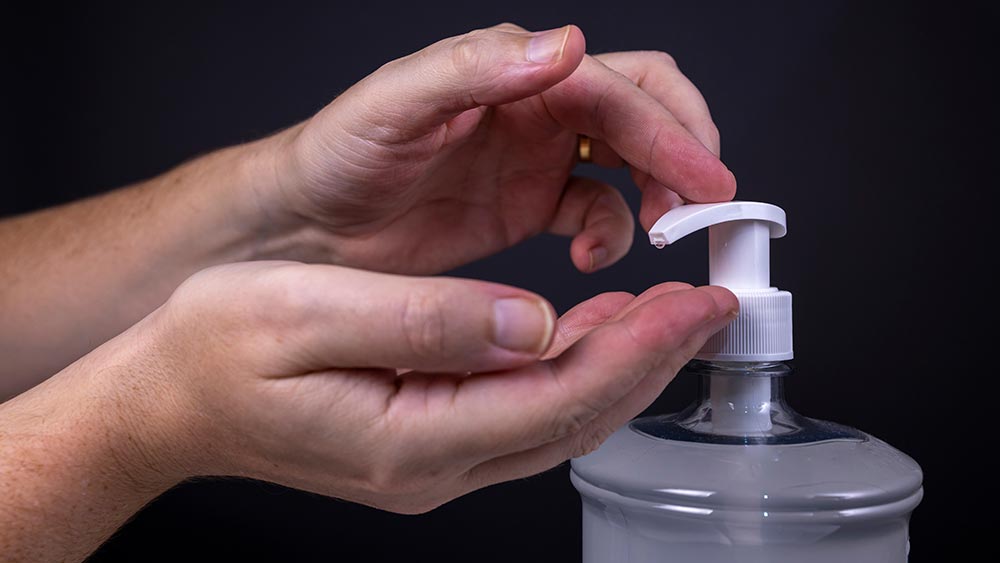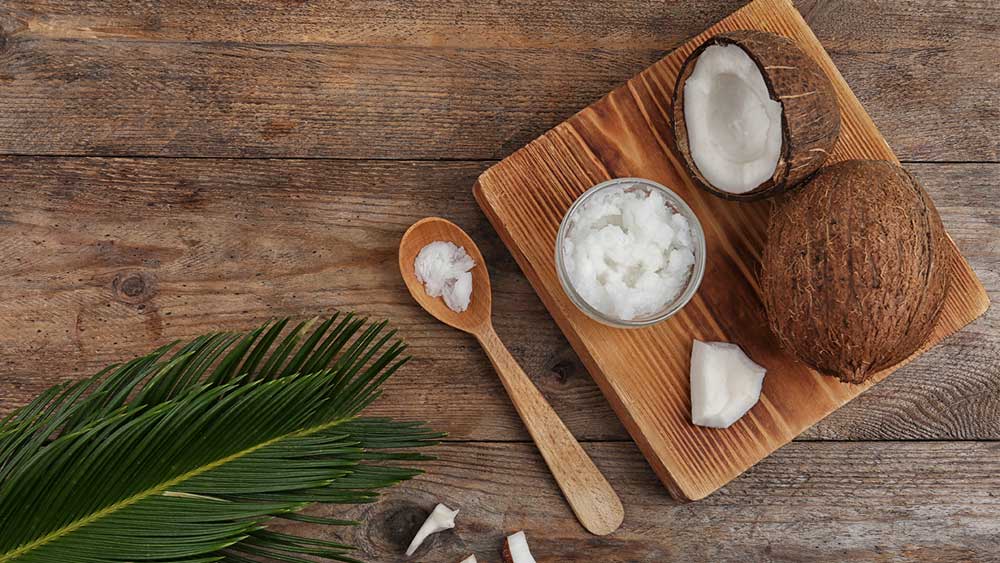
Cocos Nucifera (Coconut) Oil
What Is Cocos Nucifera Oil?

Cocos nucifera oil is a clear or yellowish oil derived from coconuts, which grow on the cocos nucifera, or coconut palm tree. Coconut palms grow around the world in lowland tropical and subtropical areas.[1,2]
Widely cultivated, healthy coconut palms produce 50 nuts per year, and the tree can be used to produce everything from food and drink to fibers, building materials, and natural ingredients.[3,4] For centuries, many cultures have used coconut oil for dietary and medicinal purposes.[5,6] The oil was and still is often used for cooking, moisturizing skin, and conditioning hair.[7] As a result, cocos nucifera oil is common in a wide variety of personal care products, including hair products, lotions, cosmetics, and others.[8,9]
It is 90% composed of saturated triglycerides. It is composed of fatty acids that include caprylic acid (8%), capric acid (7%), lauric acid (49%), myristic acid (8%), palmitic acid (8%), stearic acid (2%), oleic acid (6%) and 2% of linoleic acid.
What Does Cocos Nucifera Oil Do in Our Products?

Coconut oil helps bind moisture to the skin. It doesn’t dissolve in water and is stable at room temperature.[10,11]
Our products which uses coconut-derived ingredients include:
- Laundry detergent
- Laundry stain remover
- Dish soap
- Gel hand soap
- Foaming hand soap
- Shampoo
- Dry shampoo
- Exfoliating scalp shampoo
- Conditioner
- Body wash
- Baby shampoo & body wash
- Baby bubble bath
- Baby lotion
- Baby stain remover
- Carpet & upholstery shampoo
- Carpet spot remover
- Pet stain remover
Why Puracy Uses Cocos Nucifera Oil

We use cocos nucifera oil in its organic form in several of our products as a moisturizer. It has a long shelf life and a melting point of 76 degrees, which makes products applied to the body more spreadable.[16]
Palm oil is a common alternative, but it is an endangered resource. Several studies have also deemed cocos nucifera oil helpful for healing burns, soothing very dry skin, and safe for use in cosmetics.[17,18,19]
Whole Foods has deemed the ingredient acceptable in its body care quality standards.[20] People diagnosed with tree nut allergies often wonder about coconut. However, the Cosmetic Ingredient Review has deemed coconut oil nonirritating to the skin and non-sensitizing.[21]
Further, according to the American College of Allergy, Asthma, and Immunology, “Coconut is not a botanical nut; it is classified as a fruit, even though the Food and Drug Administration recognizes coconut as a tree nut. While allergic reactions to coconut have been documented, most people who are allergic to tree nuts can safely eat coconut. If you are allergic to tree nuts, talk to your allergist before adding coconut to your diet.”[22]
How Cocos Nucifera Oil Is Made

The dried kernel of the coconut, called copra, contains about 60%-65% of the coconut oil. Different types of coconut oil exist, however. For example, virgin coconut oil is made from wet coconuts (unrefined grade).
Coconut oil from dry coconuts (unrefined grade) and coconut oil by solvent extraction method (refined from coconut expeller cake) are others.[12,13] Crushing dried coconut with a wooden or stone mortar is one of the oldest methods of obtaining cocos nucifera oil; using mechanical screw press is another way.
Larger processors also use hydraulic presses. Processors can also press the juice out of wet coconuts and then process it (conventionally via heat and centrifuge) to separate the milk and oil.
Sometimes the coconut oil is then refined, bleached and deodorized. Using enzymes or solvents such as isopropanol are other methods for obtaining coconut oil, which they often require less electricity and can glean residual oil.[14,15]
Why Is Coconut Oil Preferred Versus Other Oils?

Coconut oil has been used for centuries for its various benefits. There is also a growing body of research that suggests Cocos nucifera oil offers a number of health benefits, such as improved heart health, weight loss, and brain function.
Apart from cooking and baking, it is also popular in beauty and personal care products. This ingredient is usually found in moisturizers, make up removers, shaving creams, lip balms, and massage oils, among other things.
-
Coconut Oil vs Jojoba Oil
-
Coconut Oil vs Petroleum Jelly
-
Coconut Oil vs Olive Oil
-
Coconut Oil vs Argan Oil
Argan oil has vitamin A, which is known to support collagen production. Meanwhile, coconut oil contains zinc and iron, which are for would healing and skin repair. They’re both popular choices and one may not be better than the other.
Skincare Benefits

Cocos nucifera oil can be used for a variety of skin care concerns. It has been used for generations due to its anti-microbial and anti-inflammatory properties.
Coconut oil is a great moisturizer for all skin types, including dry, oily, and acne-prone skin. It helps to lock in moisture and keep skin hydrated.
It has antioxidants that can help to protect skin from damage caused by free radicals. This can help to reduce the appearance of fine lines and wrinkles.
It can help to soothe and moisturize skin that is affected by eczema or psoriasis. It can also help to reduce inflammation. There are coconut ingredients-infused skincare products available for babies like Puracy’s natural baby shampoo and body wash.
Hair Care Benefits

Coconut oil is a natural and effective moisturizer for hair. It helps to seal in moisture and prevent hair from becoming dry and damaged.
In a study published in the National Library of Medicine, it was found that Cocos nucifera oil does a fine job in making sure hair is strong against stress like combing. It was compared to alternatives like sunflower oil and mineral oil, which proved to be unhelpful in this regard.
Hair styling using appliances like hair irons and hair curlers can damage the strands over time. Coconut oil can protect your hair from the constant heating, which may lead to breakage if unprotected.
Use coconut oil as a pre-wash treatment to protect your hair from the harsh chemicals of commercial shampoo. Better yet, find an organic shampoo that uses coconut oil in nourishing your hair and scalp.
Safety Profile of Coconut Oil

Cocos nucifera oil is considered safe on the Environmental Working Group’s (EWG) Skin Deep data with a rating of 1.
It is also rated “low” on common concerns such as:- Cancer - low
- Allergies & Immunotoxicity - low
- Developmental and Reproductive Toxicity - low
- Use Restrictions - low
Skincare concerns
A gentle reminder that coconut oil has a high comedogenicity rating of 4 out of 5. This means it is likely to clog pores and will likely trigger a flare up for people who are prone to acne. If you have an acne-prone skin, it’s best to stay away from coconut oil. Alternatively, use it first on a non-conspicuous part of the skin instead of using it on the face first.
Hair care concerns
Cocos nucifera oil is generally safe and it’s even used to treat hair loss in India for generations. However, you must use a small amount because it is a thick kind of oil. Too much of this oil will weigh your hair down and make it greasy. Rinse it thoroughly.
Sources
[1] University of Florida IFAS Extension
[3] University of Hawaii at Manoa College of Tropical Agriculture & Human Resources
[4] U.S. National Plant Germplasm System
[6] Secretariat of the Pacific Community
[7] Secretariat of the Pacific Community
[8] Cosmetic Ingredient Review
[11] Cosmetic Ingredient Review
[13] Phillipine Coconut Authority
[15] Secretariat of the Pacific Community
[20] Whole Foods Market
[21] Cosmetic Ingredient Review
[22] American Cleaning Institute